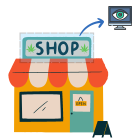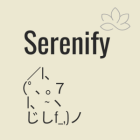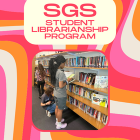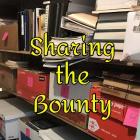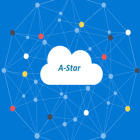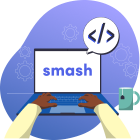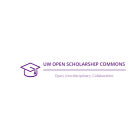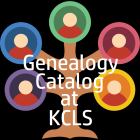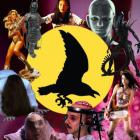
Scarecrow Metadata Project
Scarecrow Video is a nonprofit video store and archive that houses over 145,000 titles. Scarecrow has been growing its collection for over 30 years, across various catalog system conversions, resulting in many inconsistencies and gaps in the catalog’s metadata. For our capstone project, we were responsible for checking and correcting metadata within the Sci-Fi and Japanese Horror genres. Ultimately, we verified metadata for over 600 titles. This updated metadata will increase the usability and searchability of Scarecrow’s catalog, and assist the transition into Scarecrow’s new web-based system that will be launched in the next few months.


